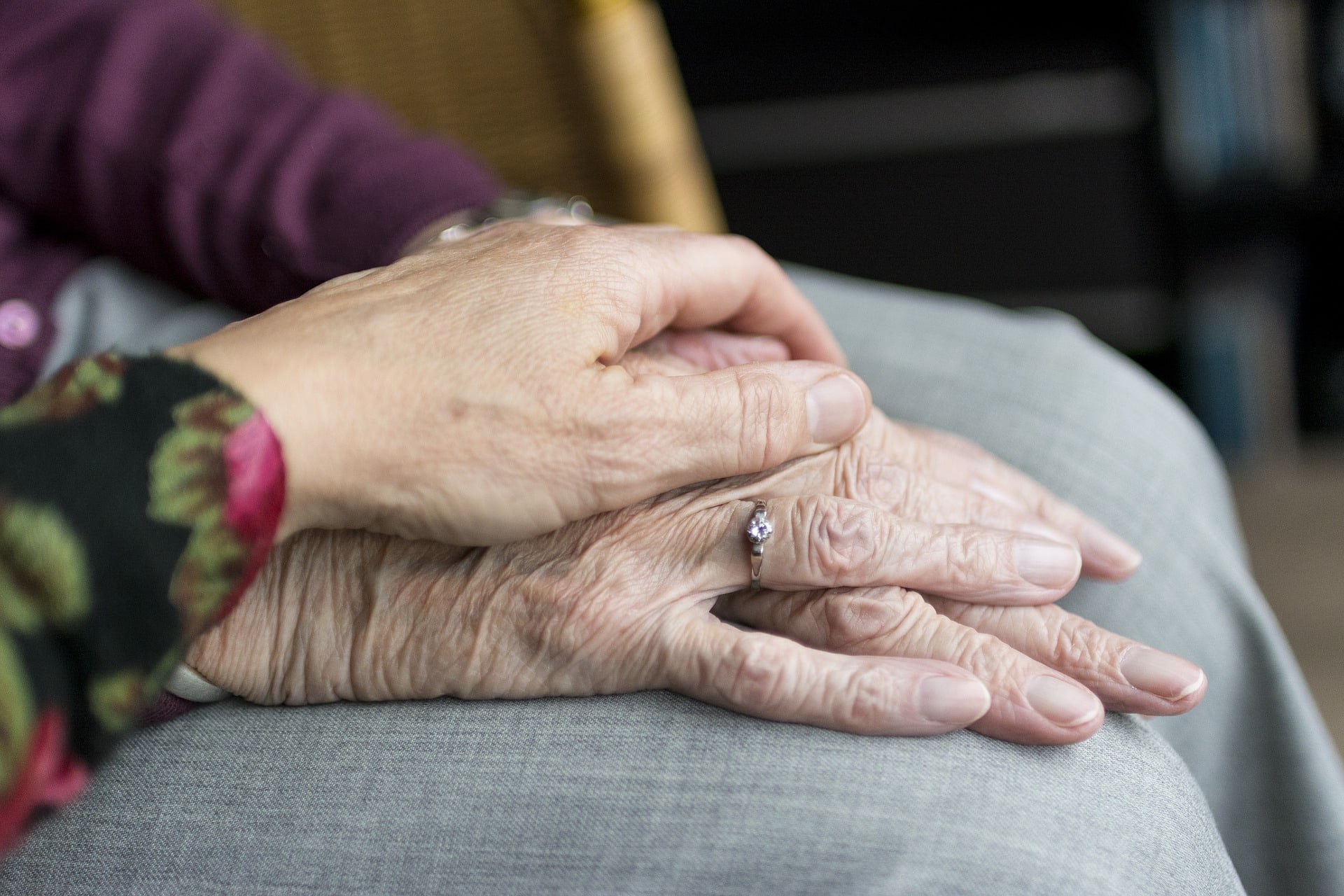
By Cassandra Dargan
The economic and social impact of the COVID-19 pandemic is likely to increase the presence of elder abuse in Australia’s ageing population. Elder abuse occurs in relationships whereby abuse is perpetrated against an older person by a person in a position of trust, such as a carer, adult child or family member.
Elder abuse can take many forms including physical abuse, financial abuse, sexual abuse, psychological or emotional abuse and neglect.
The COVID-19 pandemic has seen the rise of adult children returning to live at home with their parents. Financial abuse can occur in these situations where adult children incur bills for which an older person is responsible, refuse to pay expenses and stealing money or goods from their parents or grandparents. It can also occur in situations whereby an adult child puts pressure on an older person to be a guarantor of family member’s loans.
Another common situation older Australians may find themselves in is where an adult child has promised to look after their parents in exchange for property or money, but the child has failed to do so. To reduce the risk of elder abuse between an adult child or family member and an older person, it is strongly recommended that legal advice be sought before a transaction of this nature is made.
Many older people have been subjected to social isolation amidst the COVID-19 pandemic. Preventing an older person from seeing or communicating with family and friends is a form of psychological abuse. It is important to recognise that whilst protective measures may be adopted by an adult child or family member to safeguard an older person, the protective measures should never impede on an older person’s dignity and autonomy.
If you suspect that you, or someone you know is suffering from elder abuse, we strongly recommend that you seek the advice of one of our experienced estate lawyers on (03) 9853 0311 or by emailing [email protected].
Recent Articles
News Categories





